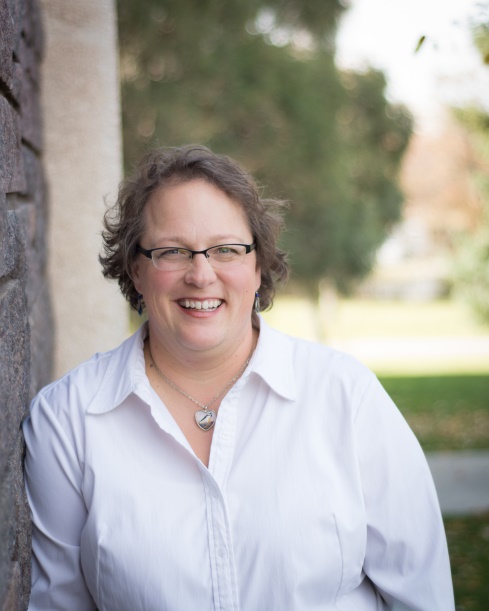
I had a rough childhood. That’s not an opinion; I have a very high ACES score.
ACES (adverse childhood experience scale) runs from one to ten with one being the fewest adverse experiences a child might have and ten being the most. Those experiences range from losing a parent to having an incarcerated family member. It may be experiencing acts of violence or experiencing discrimination.
ACES scores help teachers, child care providers, and counselors determine where a child needs support. ACES can predict the likelihood of disease, depression, and suicide. While a child with adversity is in a tough spot, an ACES score does not determine success or failure. History is not destiny.
What we know about positive life outcomes is they are shaped largely by a child’s resiliency. Resiliency helps a person rebound from harsh circumstances. Examples include adopting a growth mindset, being in a school that uses the Pax Good Behavior Game, or having adults who invest in the child. Teachers, club and spiritual leaders, or more commonly, friends and neighbors fill this role.
Resiliency was my saving grace. I was read to every day. I was fed and clothed. My teachers cheered me and introduced me to pursuits I enjoy to this day. My neighbors gave me meaningful and rewarding work. Churches invited me to vacation bible school and camps.
I am not unscathed–my childhood trauma endures and revisits seasons of my life, but I’m here. Unlike some with high ACES score, I have not considered taking my life with harm or substances, but I have had to seek professional help to help me navigate life. Community has made the difference–my resiliency score is high.
As a community and individuals, we invest in children by ensuring they have access to nourishing food, reliable shelter, comfortable clothes and the assurance that they belong. We can make sure that they spend time with informed and caring adults in safe and enriching spaces.
Many of those spaces are found in child care. By using qualified child care families can increase a child’s resiliency. Montana has four options for licensed care: center, group, family, or FFN (family, friend or neighbor). Most often, if you live in an area with scarce child care, you are already utilizing someone you know and trust. When family, friends, or neighbors license, they verify that they and their space is safe and that they are actively engaged in providing appropriate care and activities. Additionally, the children they care for can qualify for the Best Beginnings scholarship.
In this season of gratitude, I am thankful that so many family, friends, and neighbors stepped up for me. It is my hope that all children will have this opportunity to become resilient.
For more information on ACES, this NPR article has more information and the quiz
Applications for Family, Friend and Neighbor licensing
Applications for the Best Beginnings scholarship
Heather McCartney-Duty is an Outreach and Consumer Education Specialist with Family Connections, a non-profit Child Care Resource and Referral agency. Contact Heather at 406.761.6010, heatherm@familyconnectionsmt.org


